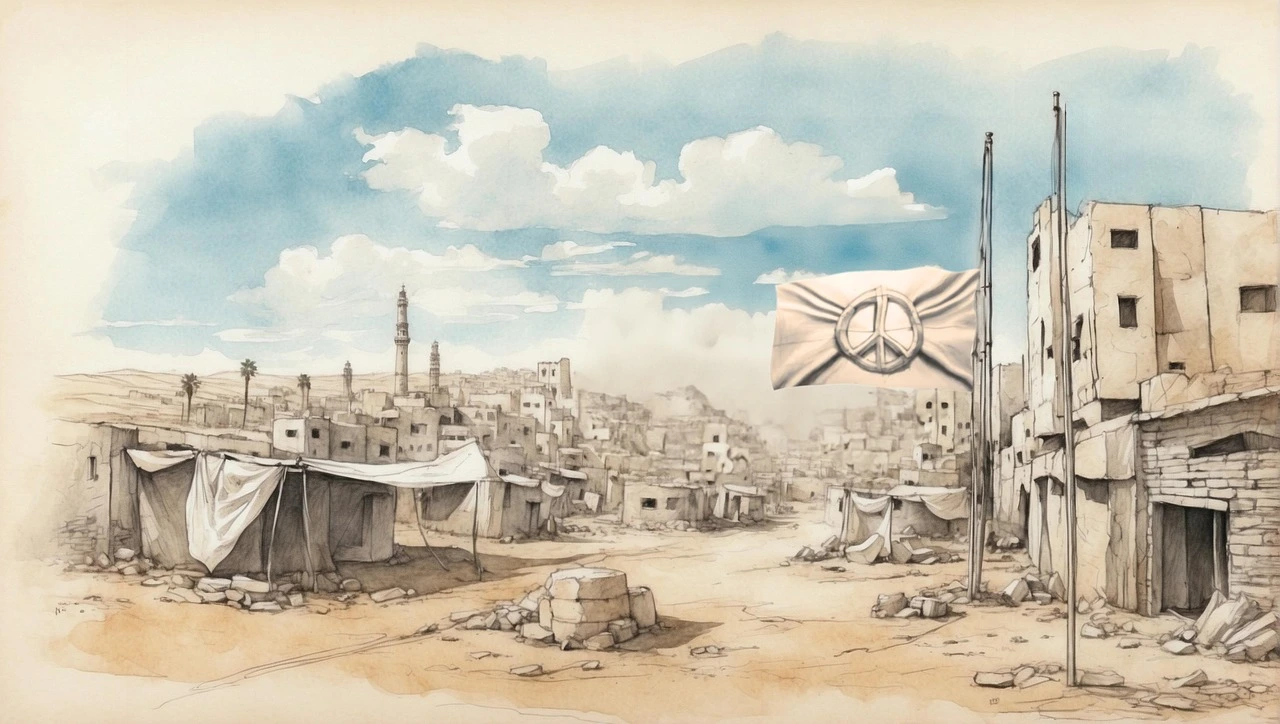Two Years On: How Israel–Gaza Conflict Has Changed the Middle East Political Landscape
By Today International News
Published: October 9, 2025
Israel–Gaza Conflict: Two Years of Impact
What started as a territorial and military dispute has now reshaped alliances, regional diplomacy, and domestic politics in both Israel and Palestinian territories.
The conflict has prompted major shifts in international opinion, with countries taking clearer stances and global organizations becoming more involved in mediation efforts. Nations across Europe, Asia, and the Americas are increasingly vocal about human rights, humanitarian aid, and long-term peace solutions.
Shifting Alliances in the Middle East
The prolonged conflict has altered traditional alliances. Countries that once maintained neutral positions are now actively involved in diplomacy, funding, and political pressure. For example:
-
Egypt and Qatar have taken on more active roles in peace negotiations.
-
Israel’s regional ties with countries like the UAE and Bahrain have grown stronger, partly as a strategic response to Gaza tensions.
-
Iran and Turkey are also recalibrating their influence in Palestinian politics and the broader Middle East.
These shifts indicate that the balance of power in the region is changing, with countries seeking new partnerships and influence channels to secure their interests.
Domestic Pressures on Israel and Gaza
Internally, both Israel and Gaza face mounting political pressure. In Israel, debates over military strategy, civilian protection, and diplomatic agreements dominate the political discourse. Meanwhile, Gaza continues to deal with economic hardship, infrastructure damage, and humanitarian crises, which affect daily life and governance.
The conflict has also sparked protests, political activism, and policy debates in neighboring countries, reflecting the broader regional stakes. Citizens and political groups are increasingly holding governments accountable for their roles in both conflict resolution and humanitarian response.
International Reactions and Mediation Efforts
The global community has responded in various ways. The United Nations and other international organizations continue to advocate for ceasefires, humanitarian corridors, and reconstruction aid. Countries like the United States and European Union members are pushing for negotiated solutions while balancing domestic and regional interests.
Experts warn that ignoring the socio-political consequences of the conflict could fuel further instability, not only in Gaza and Israel but across the broader Middle East. The region remains fragile, with extremist groups and political factions potentially exploiting unresolved grievances.
Conclusion: Lasting Political Implications
Two years after the Israel–Gaza conflict, it is clear that the repercussions go far beyond immediate military outcomes. The situation has:
-
Changed regional alliances and power dynamics.
-
Pressured governments domestically and internationally.
-
Highlighted the urgent need for long-term peace strategies.
Analysts argue that for stability to return, diplomatic engagement, humanitarian support, and political reforms must continue. The conflict has become a defining issue for Middle Eastern politics, influencing international relations and shaping regional futures.

